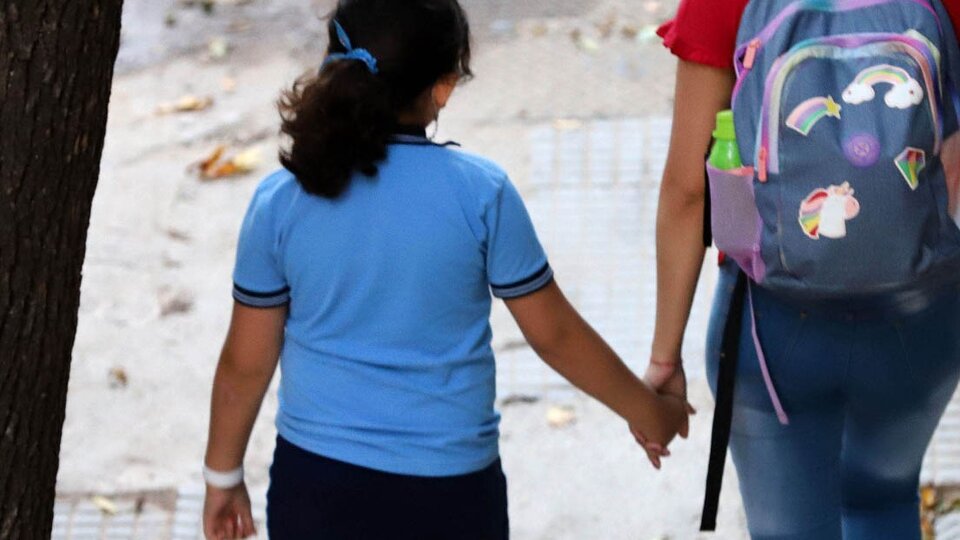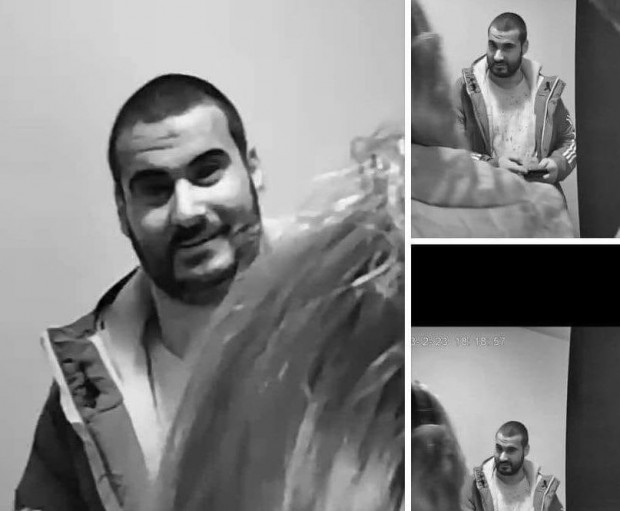The General Audit of the City of Buenos Aires produced a report outlining irregularities in the management and control of funds of the General Directorate of Private Management Education (DGEGP) of the City. In seeking to evaluate the resource transfers to the initial level of the private schools, the audits encountered non-compliance with sworn statements, amounts drawn higher than established and with the absence of the documentation with which the functional plans of some schools are approved, with which the amounts to be received by the establishments are calculated. From the Frente de Todos (FdT), the auditor Lisandro Teszkiewicz assured that the irregularities show that the “priority” of the GCBA is “divert funds to private“.
“Prevents effective knowledge and control of the activities of the institutions“Wrote the City auditors about the striking lack of documentation that they exposed in the report of the”Legal and Financial Audit” carried out on the funds transferred to private schools of initial level by the DGEGP of the Buenos Aires Ministry of Education. According to the report, the Directorate is in charge of “administering the mechanisms and procedures for the granting of subsidies and managing informationnecessary for this purpose, referred to each of the institutes under its orbit”.
Specifically, in the field of the initial level during the year 2020, which the audit focused on, the body found four questionable points. The first refers to the declarations of the functional organic plants of the schools: “Of the six provisions provided by the DGEGP The supporting documentation that approved the organic plant does not appear function of 18 educational establishments”, warn the auditors. As Teszkiewicz explains, this point is important because the amount of transfers that the State makes to private It is calculated precisely from the enrollment and the plants of the schools.
“The lack of that documentation prevents determining whether or not budget goals are metor if the allocation of resources is compatible with what is established by law”, specified the auditor, who added that “the obstacles faced by auditors to access essential information, demonstrate the interest of Acuña and Larreta in hiding their deals. Their only priority is to do business with their friendly companies and divert funds to private”.
The second point questioned in the report refers specifically to transfers to private companies and details that in the 6.45 percent of the establishments analyzed “compliances were verified with respect to the requirement of the presentation of the affidavit of tariffs“. The Audit also focused on the operation of the Early Childhood Support Programan economic program that had the objective of supporting private gardens during the pandemic, for “pay a percentage of the monthly fees and/or tuition“In that case, the report assures, in 50 percent of the schools”an amount greater than the validated amount was transferred in the Information System of Privately Managed Educational Institutions (Sinigep)”.
Finally, the auditors warned about four establishments in which the DGEGP directly did not report that they received the government economic contribution. “It is not possible to obtain the complete history of educational establishments when searching for said information in Sinigep. Consequently, the task of control is arduous having to resort to printing certain movements or records because they do not have the support of the computer system,” the report concludes.
“Once again we have been able to verify that lack of control makes the privately run education system a black hole. What is in the Audit reports comes to light when institutions that are managed as commercial enterprises are closed without any controller by the state,” Teszkiewicz said.
An example is the case of the Centro Educativo Nuevo Horizonte school, in the San Cristóbal neighborhood, which closed at the beginning of February alleging serious financial problems and leaving 250 students without school just weeks before classes start. As reported by the Private Management Secretariat of the UTE-Ctera union, the college had a 60 percent state contribution. For Teszkiewicz, meanwhile, the irregularities also account for the GCBA’s tendency to privilege private education over public education.
“In the budget analysis it is clear that Larreta’s priority is business and not education. In this 2023 will allocate more than 62 billion pesos in transfers to private educationwhich represents more than seven and a half times the amount that will be dedicated to the infrastructure of public schools, with a little more than 8 billion, without counting the decrease of more than 10 points suffered by the educational budget since Juntos por el Cambio came to the City Government”, said the FdT auditor. According to him, within the framework of the audited period, the GCBA spent 2,300 million pesos in privately managed initial level establishmentswhich had an enrollment of just over 64 thousand students.


![[KO edema]rework, sedentary, often eat heavy food, easy to edema nutritionist recommends 10 high-potassium ingredients for edema-Hong Kong Economic Daily- TOPick – Health – Health and Beauty [KO edema]rework, sedentary, often eat heavy food, easy to edema nutritionist recommends 10 high-potassium ingredients for edema-Hong Kong Economic Daily- TOPick – Health – Health and Beauty](https://static04.hket.com/res/v3/image/content/3470000/3473455/iStock-1287190886_1024.jpg)